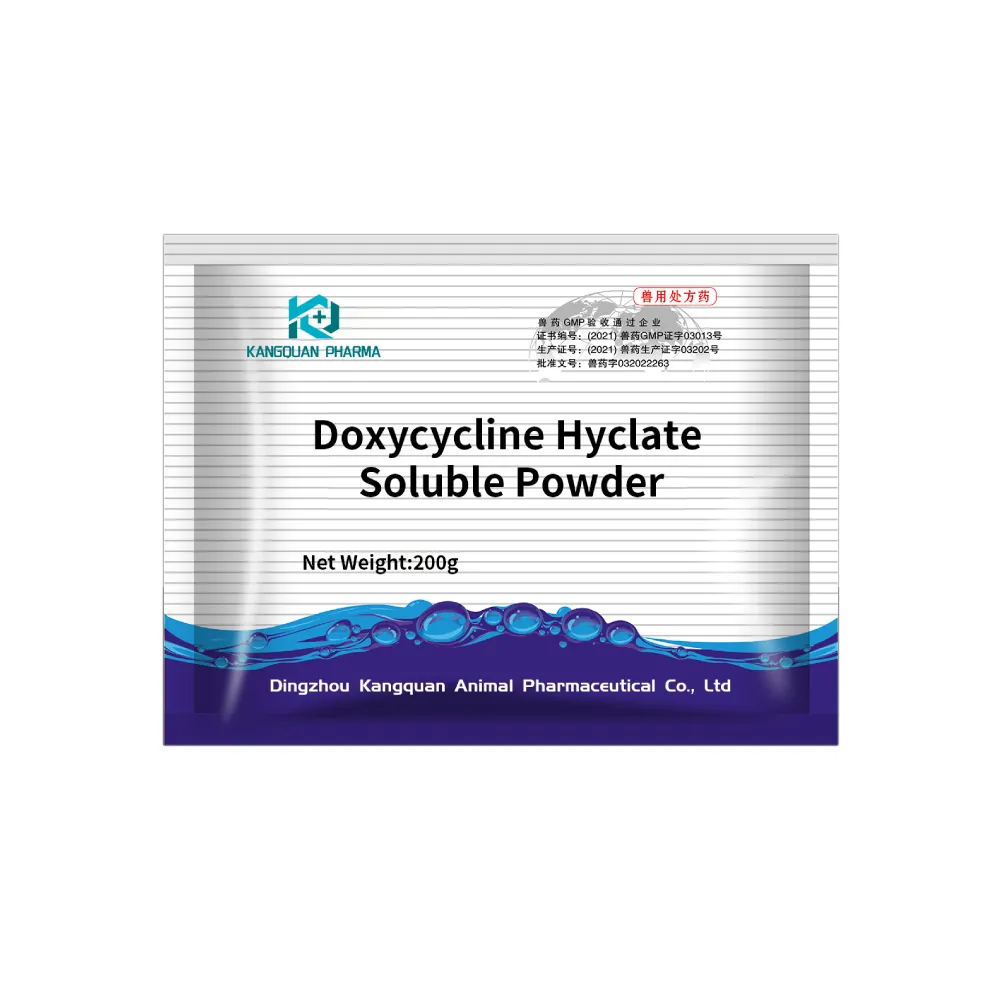- Afrikaans
- Albanian
- Amharic
- Arabic
- Armenian
- Azerbaijani
- Basque
- Belarusian
- Bengali
- Bosnian
- Bulgarian
- Catalan
- Cebuano
- Corsican
- Croatian
- Czech
- Danish
- Dutch
- English
- Esperanto
- Estonian
- Finnish
- French
- Frisian
- Galician
- Georgian
- German
- Greek
- Gujarati
- Haitian Creole
- hausa
- hawaiian
- Hebrew
- Hindi
- Miao
- Hungarian
- Icelandic
- igbo
- Indonesian
- irish
- Italian
- Japanese
- Javanese
- Kannada
- kazakh
- Khmer
- Rwandese
- Korean
- Kurdish
- Kyrgyz
- Lao
- Latin
- Latvian
- Lithuanian
- Luxembourgish
- Macedonian
- Malgashi
- Malay
- Malayalam
- Maltese
- Maori
- Marathi
- Mongolian
- Myanmar
- Nepali
- Norwegian
- Norwegian
- Occitan
- Pashto
- Persian
- Polish
- Portuguese
- Punjabi
- Romanian
- Russian
- Samoan
- Scottish Gaelic
- Serbian
- Sesotho
- Shona
- Sindhi
- Sinhala
- Slovak
- Slovenian
- Somali
- Spanish
- Sundanese
- Swahili
- Swedish
- Tagalog
- Tajik
- Tamil
- Tatar
- Telugu
- Thai
- Turkish
- Turkmen
- Ukrainian
- Urdu
- Uighur
- Uzbek
- Vietnamese
- Welsh
- Bantu
- Yiddish
- Yoruba
- Zulu
Dec . 13, 2024 19:16 Back to list
ivermectin and clorsulon injection
The Use of Ivermectin and Clorsulon Injection in Veterinary Medicine
Ivermectin and clorsulon injections have emerged as significant contributors to modern veterinary medicine, particularly in the treatment of parasitic infections in various animal species. Both compounds have distinct mechanisms of action and target different types of parasites, making them invaluable tools for veterinarians and animal health professionals.
Ivermectin A Broad-Spectrum Antiparasitic Agent
Ivermectin, a semi-synthetic derivative of avermectin, is renowned for its broad-spectrum antiparasitic properties. Originally discovered in the late 1970s, it has since been utilized to combat a variety of parasites including nematodes, arachnids, and certain types of ectoparasites. The drug works by binding to glutamate-gated chloride channels and gamma-aminobutyric acid (GABA) receptors in the nerve and muscle cells of parasites. This binding leads to paralysis and eventual death of the parasites, effectively treating the host animal.
In the context of livestock, ivermectin is commonly used to manage infestations of gastrointestinal roundworms, lungworms, lice, and mites. Its effectiveness is not limited to cattle and sheep; it is also employed in equine medicine for the treatment of pinworms and certain other parasites. Moreover, the convenience of injectable formulations allows for ease of administration, particularly in large animal practice.
One of the most significant benefits of ivermectin is its safety profile. It is generally well-tolerated in most species and does not accumulate in animal tissues, reducing concerns about residues in meat and milk products. This makes it an attractive option for farmers and veterinarians looking to ensure animal health while adhering to food safety standards.
Clorsulon A Targeted Approach for Liver Flukes
While ivermectin is a versatile antiparasitic, clorsulon, a sulfonamide derivative, is specifically designed to combat liver flukes, particularly those belonging to the Fasciola genus. Liver flukes pose a significant threat to the health and productivity of livestock, leading to conditions such as fasciolosis, which can severely impact the liver and overall animal health. Clorsulon acts by inhibiting the fluke's glycolytic metabolism, effectively starving the parasite of energy necessary for survival.
ivermectin and clorsulon injection

The use of clorsulon in conjunction with other antiparasitic agents, such as ivermectin, offers a comprehensive approach to managing parasitic infections. This combination not only targets a wider range of parasites but also helps mitigate the development of resistance that can arise from the repeated use of a single class of antiparasitics. By rotating or combining different classes of drugs, veterinarians can enhance treatment efficacy and prolong the useful life of existing antiparasitic medications.
Combination Therapy Enhancing Efficacy and Reducing Resistance
The combined use of ivermectin and clorsulon represents a growing trend in parasitic disease management. The synergy between the two drugs offers a multi-faceted approach to treatment, addressing both external and internal parasites effectively. This dual therapy is particularly beneficial in preventing the economic losses associated with parasitic infestations, improving the health and productivity of livestock.
Veterinary practitioners often emphasize the importance of proper dosing and adherence to treatment protocols to maximize the benefits of these drugs. Factors such as species, weight, and the nature of the infestation can influence the effectiveness of the treatments, making veterinary guidance essential. Furthermore, regular monitoring of parasite levels, along with strategic deworming schedules, can significantly enhance the health of animal populations and reduce the likelihood of resistance development.
Conclusion A Future with Improved Animal Health
The advent of ivermectin and clorsulon injections marks a significant advancement in the battle against parasitic infections in veterinary medicine. Their efficacy, safety, and ease of use have made them staples in the management of parasitic diseases across various animal species. As the agricultural sector continues to evolve, ongoing research into the development of new formulations and combinations of antiparasitic agents will be critical in maintaining effective control measures against parasites, ensuring the health and productivity of livestock, and ultimately safeguarding food security.
In summary, the strategic use of ivermectin and clorsulon injectables exemplifies the importance of integrated approaches in veterinary parasitology. By understanding the mechanisms of these drugs and applying them judiciously, veterinarians can play a vital role in enhancing animal health and welfare while promoting sustainable agricultural practices.
-
Guide to Oxytetracycline Injection
NewsMar.27,2025
-
Guide to Colistin Sulphate
NewsMar.27,2025
-
Gentamicin Sulfate: Uses, Price, And Key Information
NewsMar.27,2025
-
Enrofloxacin Injection: Uses, Price, And Supplier Information
NewsMar.27,2025
-
Dexamethasone Sodium Phosphate Injection: Uses, Price, And Key Information
NewsMar.27,2025
-
Albendazole Tablet: Uses, Dosage, Cost, And Key Information
NewsMar.27,2025













